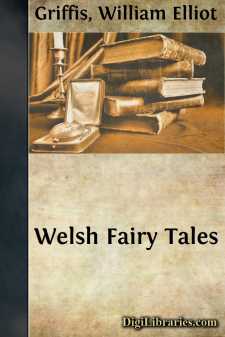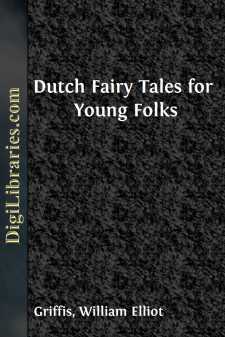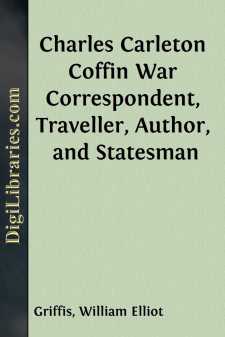Categories
- Antiques & Collectibles 13
- Architecture 36
- Art 48
- Bibles 22
- Biography & Autobiography 813
- Body, Mind & Spirit 142
- Business & Economics 28
- Children's Books 14
- Children's Fiction 11
- Computers 4
- Cooking 94
- Crafts & Hobbies 4
- Drama 346
- Education 46
- Family & Relationships 57
- Fiction 11828
- Games 19
- Gardening 17
- Health & Fitness 34
- History 1377
- House & Home 1
- Humor 147
- Juvenile Fiction 1873
- Juvenile Nonfiction 202
- Language Arts & Disciplines 88
- Law 16
- Literary Collections 686
- Literary Criticism 179
- Mathematics 13
- Medical 41
- Music 40
- Nature 179
- Non-Classifiable 1768
- Performing Arts 7
- Periodicals 1453
- Philosophy 64
- Photography 2
- Poetry 896
- Political Science 203
- Psychology 42
- Reference 154
- Religion 513
- Science 126
- Self-Help 84
- Social Science 81
- Sports & Recreation 34
- Study Aids 3
- Technology & Engineering 59
- Transportation 23
- Travel 463
- True Crime 29
Welsh Fairy Tales
Categories:
Description:
Excerpt
WELSH RABBIT AND HUNTED HARES
Long, long ago, there was a good saint named David, who taught the early Cymric or Welsh people better manners and many good things to eat and ways of enjoying themselves.
Now the Welsh folks in speaking of their good teacher pronounced his name Tafid and affectionately Taffy, and this came to be the usual name for a person born in Wales. In our nurseries we all learned that "Taffy was a Welshman," but it was their enemies who made a bad rhyme about Taffy.
Wherever there were cows or goats, people could get milk. So they always had what was necessary for a good meal, whether it were breakfast, dinner or supper. Milk, cream, curds, whey and cheese enriched the family table. Were not these enough?
But Saint David taught the people how to make a still more delicious food out of cheese, and that this could be done without taking the life of any creature.
Saint David showed the girls how to take cheese, slice and toast it over the coals, or melt it in a skillet and pour it hot over toast or biscuit. This gave the cheese a new and sweeter flavor. When spread on bread, either plain, or browned over the fire, the result, in combination, was a delicacy fit for a king, and equal to anything known.
The fame of this new addition to the British bill of fare spread near and far. The English people, who had always been fond of rabbit pie, and still eat thousands of Molly Cotton Tails every day, named it "Welsh Rabbit," and thought it one of the best things to eat. In fact, there are many people, who do not easily see a joke, who misunderstand the fun, or who suppose the name to be either slang, or vulgar, or a mistake, and who call it "rarebit." It is like "Cape Cod turkey" (codfish), or "Bombay ducks" (dried fish), or "Irish plums" (potatoes) and such funny cookery with fancy names.
Now up to this time, the rabbits and hares had been so hunted with the aid of dogs, that there was hardly a chance of any of them surviving the cruel slaughter.
In the year 604, the Prince of Powys was out hunting. The dogs started a hare, and pursued it into a dense thicket. When the hunter with the horn came up, a strange sight met his eyes. There he saw a lovely maiden. She was kneeling on the ground and devoutly praying. Though surprised at this, the prince was anxious to secure his game. He hissed on the hounds and ordered the horn to be blown, for the dogs to charge on their prey, expecting them to bring him the game at once. Instead of this, though they were trained dogs and would fight even a wolf, they slunk away howling, and frightened, as if in pain, while the horn stuck fast to the lips of the blower and he was silent. Meanwhile, the hare nestled under the maiden's dress and seemed not in the least disturbed.
Amazed at this, the prince turned to the fair lady and asked:
"Who are you?"
She answered, "My mother named me Monacella. I have fled from Ireland, where my father wished to marry me to one of his chief men, whom I did not love. Under God's guidance, I came to this secret desert place, where I have lived for fifteen years, without seeing the face of man."
To this, the prince in admiration replied: "O most worthy Melangell [which is the way the Welsh pronounce Monacella], because, on account of thy merits, it has pleased God to shelter and save this little, wild hare, I, on my part, herewith present thee with this land, to be for the service of God and an asylum for all men and women, who seek thy protection....





